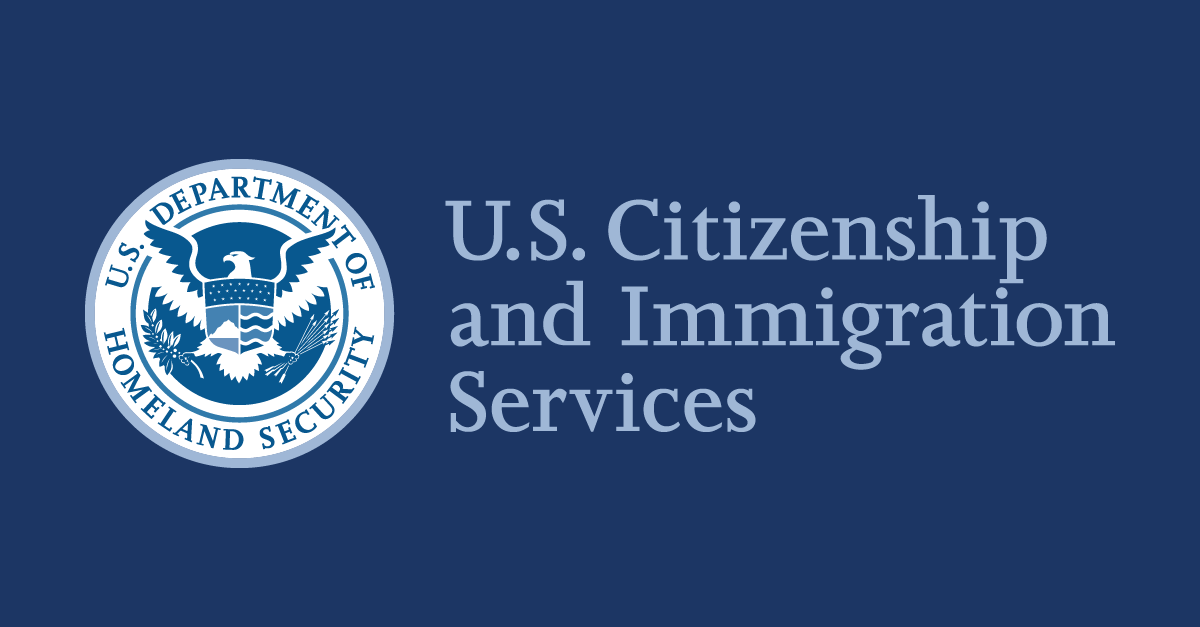WASHINGTON — U.S. Citizenship and Immigration Services Deputy Director for Policy Joseph Edlow issued the following statement on the agency’s fiscal outlook due to the COVID-19 pandemic:
“The effects of the coronavirus pandemic are long reaching and pervasive, leaving few unscathed in its wake. USCIS is still experiencing those very effects, which began with an alarming drop in applications at the end of March. Forecasts predict a crippling budget shortfall that requires assistance from Congress to allow USCIS to maintain current operations.
“Since May, USCIS has worked with Congress to explain the financial situation and educate members and staff on the needs of the agency. Recognizing the need to not let taxpayers carry this burden, USCIS’ proposal to Congress includes a requirement that any funding provided by Congress will be paid back to the U.S. Treasury. Both the Acting Secretary of Homeland Security and the Office of Management and Budget have written to Congress supporting this proposal. Without congressional action before August 3, USCIS will need to furlough over 13,000 staff members, which will have tremendous negative impacts on our mission administering our nation’s lawful immigration system, safeguarding its integrity, and protecting the American people. We urge Congress to provide the funding needed to pay our dedicated staff and ensure our operations continue uninterrupted during these unprecedented times.”
The majority of USCIS operations rely on fees paid by applicants and petitioners, not appropriated or taxpayer funds. Due to the COVID-19 pandemic, USCIS has seen a 50% drop in receipts and incoming fees starting in March and estimates that application and petition receipts will stay well below plan through the end of Fiscal Year 2020. In the past few months, USCIS has taken action to avert a fiscal crisis, including limiting spending to salary and mission-critical activities.
On May 15, USCIS notified Congress of a projected budget shortfall caused by the COVID-19 pandemic and requested emergency funding of $1.2 billion. USCIS would repay these funds by adding a 10% surcharge to applications. The Office of Management and Budget (PDF, 2.39 MB) and the Department of Homeland Security (PDF, 111.2 KB) have sent letters in support of USCIS’ proposal.
Official news published at https://www.uscis.gov/news/news-releases/deputy-director-for-policy-statement-on-uscis-fiscal-outlook


